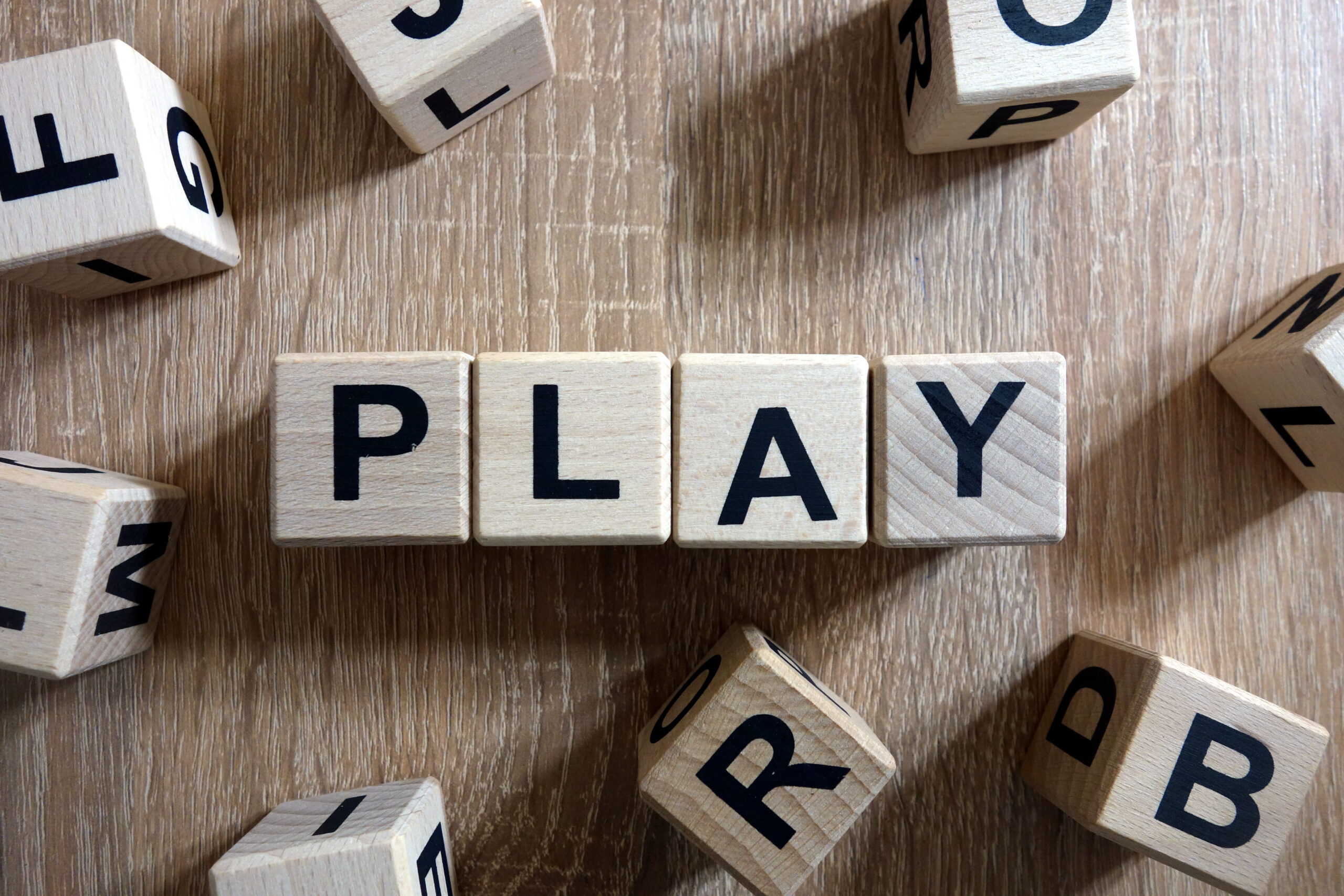Teaching a kid to read is an integral part of parenting life. Many parents spend a lot of time studying educational articles to choose the best tactic to teach their kids to read. But what about games?
“Learning to read” games for children help to teach literacy efficiently and engagingly.
In this article, you will find simple and effective games that will not only bring benefits but will also be an exciting pastime.
Today there are many interesting methodologies and technologies to teach a child to read. (Check out sites like coursesity.com where you can find many interesting educational materials for your children.)
But in addition to modern methods, it is worth giving preference to gamification since this is the perfect match for kids and students.
It’s also worth mentioning that playing games together strengthens family ties and helps with relationship building between the child and mom and dad.
Below you will find 5 simple but effective learning to read games without getting tired of the educational process.
5 Simple Games To Teach Your Child To Read
Scrabble
This popular game can become both a getting-started point to teach your child to read and a part of your cozy family evenings. But you should understand that, in this case, the usual rules of the game will not work.

You have to change them a little to make sure the game becomes educational. There are several options for games that will be useful for the child to learn letters, vowels, and consonants (and for you to have lots of fun as a family.)
- Vowels and consonants. Use scrabble letters to teach your child vowels and consonants. You can use a game board, or you can simply lay out the letters on the table. Divide letters into vowels and consonants and start learning. Please note that it is worth starting education with a minimum number of letters. For example, 3 vowels and 3 consonants will be more than enough. Add the number of letters gradually.
- Word game. The next step in learning in the game mode is memorizing and understanding letters. Ask your child to choose any letter and remember the word that begins with that letter.
- Words creation. This type of game is similar to the usual scrabble. Ask your child to start forming words from letters. In the early stages, you should allow using all the letters. But after the first progress, start making a limited number of letters to form words.
FlashCards
Create fun flashcards for your child. You can print letters of different colors and create different illustrations for each letter. For instance, for the letter A, you can prepare pictures such as an apple and an angel. Do this for all letters.
You can also encourage your child to draw their own pictures for the words. Doing this together will create amazing family memories for the kid.
To play with these cards, choose a few letters and an illustration for each of them.
Ask your child to find pictures in which the image begins with the letter “O.” Or, on the contrary, you can select a picture and ask to find a card with the needed letter.
You can gradually increase the number of letters, but when getting started, it is worth limiting the game to a few letters. This should be a fun family game, not a full-on lesson.
Objects and Cubes
To start this game, you will need alphabet cubes and objects. Objects mean anything that your child understands. For example, it can be vegetables and fruit, animals toys, or books with pictures.
The essence of the game is that the child must determine which letter the word begins with and show this letter with the help of a cube.
For example:
You show pictures of a tiger. Ask the child who is shown in the picture. Ask what letter the word tiger begins with. Then ask to show the cube with the letter T.
Also, encourage the kid to ‘teach’ you. If they’re old enough to understand such a vice-versa game, this will become a great family experience for them.
P.S. After that, you can adapt this game and create words, and not show only letters.
Reading Aloud
For a child to learn to read, they need to hear the pronunciation of words and also see letter combinations. To do this, you can read the book with your preschool child and create a reading game.
Choose books with the simplest content and shortest words possible. Begin to slowly read aloud and follow the reading with a finger. At the same time, the child needs to repeat after you aloud everything that you read.
It is recommended to choose books with large fonts and pictures.
It is also vital to read only a few pages in this way so that the child does not overwork.
Gradually it will be possible to increase the number of pages, but at the first symptoms that the child is tired, it is worth stopping reading and allowing the child to switch to the game.
Reading together is one of the core family memories in most people’s minds. Allow your kid to create such memories and remember them later on with warmth and love.

Word Puzzles
Once your child has learned the letters and basic words, you can purchase or create vocabulary puzzles. It is recommended to use those puzzles where there will be simple words that are already familiar to your child.
We are talking about all the usual word finds where, among the chaos of letters, you need to find words and circle them with a pencil.
You can make one of these puzzles with Microsoft Office or Google Docs. To do this, you need to put together a list of words your child knows and can read.
For example, these can be the simplest words such as:
- mom
- hi
- ball
- toy
- dog
- cat
- yes
- no
How to do it? Create a chart and place the words vertically and horizontally. Add other letters chaotically. Print out the puzzle and show your child how to solve it. You can also create themed crosswords. For instance, vegetables, fruits, or animals.
Using a PC or even a projector for such a game will also be an educational cinema night for a family. Such memories last for decades!
The Bottom Line
Making educational games for kids is fun. With the help of exciting games, you can help your child learn to read. Moreover, you’ll spend valuable time with your kids, teaching them all the essentials. Homeschooling isn’t only about education. It’s about your relationships as a family.
Make it special for your child and create lasting memories along the way.
**Author Bio: Nancy P. Howard has been working as a journalist at the online magazine in London for a year. She is also a professional writer in such topics as blogging, SEO, and marketing.

